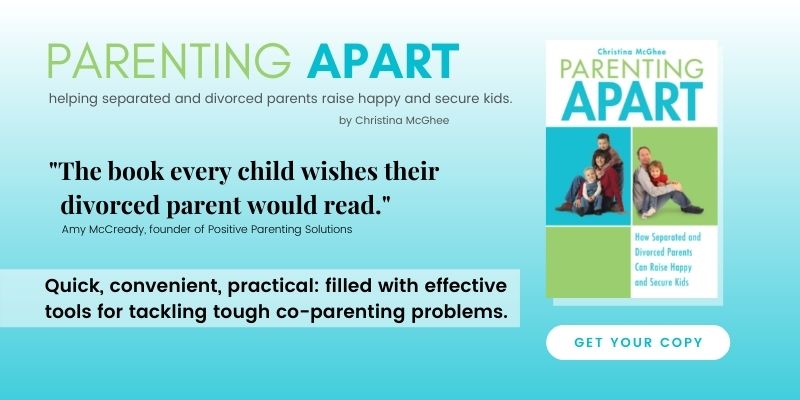School age children: 6 to 9 years old
Now that children have begun to establish a sense of “who they are,” their focus turns to building self-esteem. The development of special skills or talents becomes one way children start to feel good about themselves.
Keep in mind your child’s relationship with the other parent is still a key factor in how they view themselves. Make sure you speak positively about the other parent and allow your child to feel good about that relationship.
Developmentally, school age children view divorce differently than younger children and are more likely to feel a greater sense of sadness. While they are better able to identify and talk about their feelings, they may be reluctant to do so because they are worried about making things worse or upsetting a parent. They will need your reassurance that you want to hear their feelings.
Things to look for:
- Greater sense of sadness regarding the divorce
- Fantasies of reuniting or saving the family
- May personalize the divorce and feel they are to blame
- Worried about being replaced or rejected by a parent
What to do
- Give opportunities to talk about feelings
- Reassure that they are special to Mom and Dad
- Help them to understand divorce is a grown- up problem they cannot fix or change
- Support and maintain consistent positive contact with the parent they are not with for example: phone calls, emails, dinner during the week
Want to know more about the developmental needs of your school-age child?
For additional information, suggested resources and practical tips, check out Chapter 11 of my book PARENTING APART, How separated and divorced parents can raise HAPPY and SECURE kids.
Not sure if it’s the book for you? Take a sneak peek at a sample chapter of Parenting Apart.






